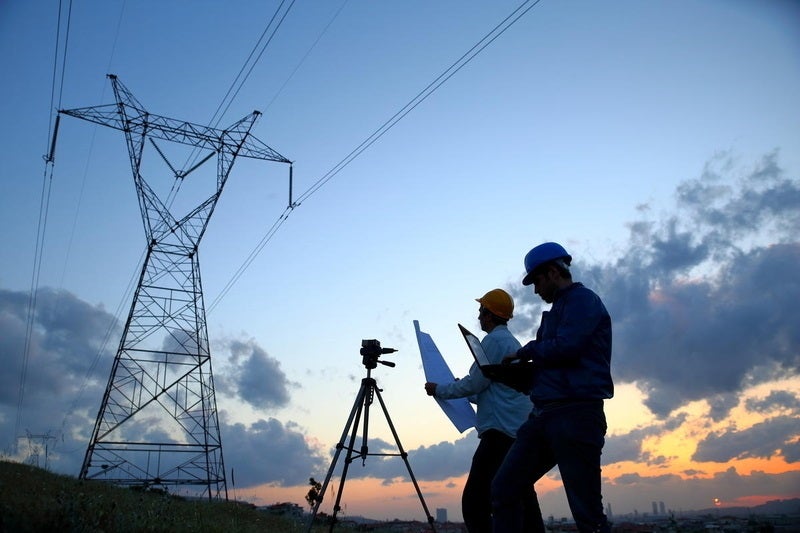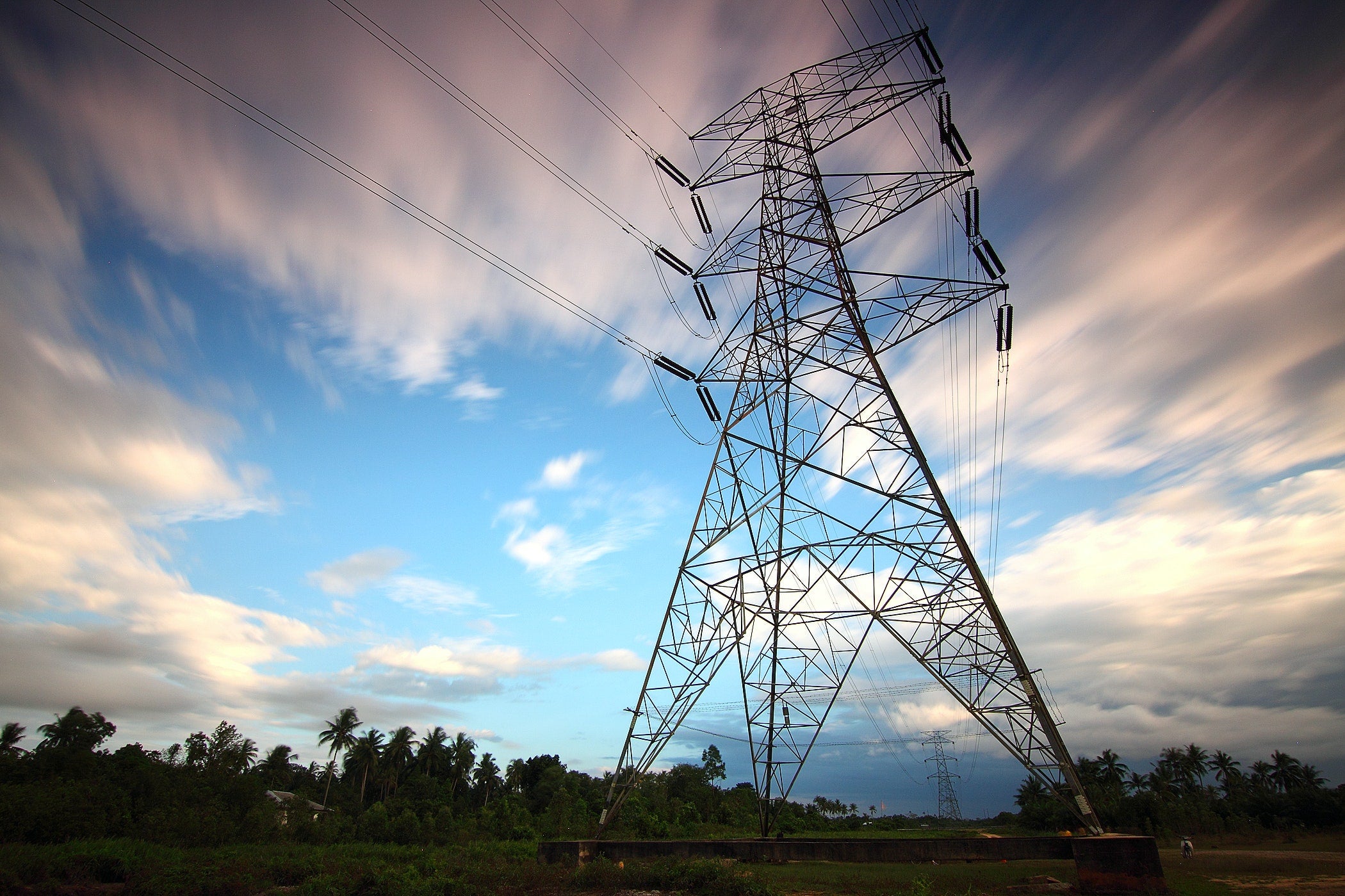
Pennsylvania legislators seek to protect workers, ratepayers and our climate
As Gov. Tom Wolf and the Department of Environmental Protection (DEP) move forward to advance meaningful climate action in Pennsylvania, legislators are also stepping up with a new complementary bill. Last month, state Senate Minority Leader Jay Costa introduced legislation with 17 of his colleagues that charts a course to a cleaner, more sustainable power sector for Pennsylvania. The bipartisan “Energy Transition and Recovery Act,” (Senate Bill 15) will ensure carbon emissions from Pennsylvania’s power sector reach net zero by mid-century and demonstrates strong leadership on the most significant environmental issues facing the state.
Introduction of S.B. 15 followed attempts by some in the legislature to halt progress being made to address carbon pollution by passing H.B. 2025, legislation that essentially stops action being taken by DEP to link with the Regional Greenhouse Gas Initiative (RGGI). Legislators supporting H.B. 2025 offered no solution to address climate change, protect workers and communities, or reduce air pollution and instead opted to obstruct action on climate that is supported by 79% of Pennsylvanians.
Here is what Sen. Costa’s bill would do:
Set necessary and achievable targets
The bill sets out to eliminate Pennsylvania’s power sector emissions before 2050, using the Regional Greenhouse Gas Initiative (RGGI) as a framework for the state. Pennsylvania’s power sector is the fifth dirtiest in the nation, in terms of carbon emissions, and also emits nearly as much as the other 10 current states in RGGI combined. Pennsylvania’s power sector is the 10th largest emitter of NOx and seventh largest emitter of SO2 in the U.S., which contribute to deadly smog and soot. The bill also includes measures that can help improve the environmental performance of the program, ensuring reducing emissions in Pennsylvania doesn’t create an incentive to shift some emissions to another state (i.e. emissions leakage), including by directing DEP and the state Public Utility Commission to work with the regional grid operator, PJM. However, it is worth noting that recent modeling results show a 65% increase in net energy exports in 2030 compared to 2018 for Pennsylvania even with a limit on carbon pollution, underscoring Pennsylvania’s anticipated and continued role as a major electricity producer in the region.
Pennsylvania’s power sector has reduced emissions 38% since 2005, and modeling analysis shows greater reductions are feasible and cost-effective. Power companies across the country, including in Pennsylvania, are making strong commitments to reduce carbon pollution, recognizing that clean energy is the most cost-effective option for powering America and is critical to tackling climate change. A cap-and-invest framework like RGGI will deepen this accelerating trend, and there is over a decade of experience with this program from which Pennsylvania can draw as it implements its own, tailored program.
Invest in energy efficiency and clean energy
In addition to directing investments in clean air projects, the bill establishes and funds an Energy Transition Fund “to support energy affordability, energy efficiency, renewable energy and a just and equitable transition to a decarbonized economy for environmental justice communities and workers and communities…” Deploying energy efficiency and clean energy can reduce energy costs paid by consumers, reduce air pollution and create jobs. This triple win is boosted by the strategic investments made by S.B. 15, which allocates half of the Energy Transition Fund towards weatherization of homes and commercial buildings, energy efficiency, reducing energy use, deploying solar panels and other projects that can reduced energy usage and build a cleaner electric grid. The bill also appropriately prioritizes investments “to benefit environmental justice communities, low-income residential customers and moderate-income residential customers.” Not surprisingly, Pennsylvania’s clean energy jobs sector continues to see strong growth, with a report released by the state just last week showing that clean energy jobs in the state grew 8.7% from 2017-2019, more than four times higher than the statewide average for job growth of 1.9%.
Protects workers and Environmental Justice communities
Sen. Costa’s bill does more than pay lip service to communities which are going to inevitably face transition as power plants retire. It also helps address longstanding Environmental Justice community needs. The bill invests over one-third of the Energy Transition Fund proceeds – potentially tens of millions of dollars in the first year – to assist workers and communities impacted by the transition to cleaner energy sources, helping ensure that the transition to a carbon-free electric grid does not leave workers or communities behind. Although many Pennsylvania coal plants and mines have closed over the last decade as alternatives like natural gas and renewables have become increasingly cost-competitive, workers, families and communities have too often been left behind in the wake of shutdowns and transition. This bill puts a much-needed plan on the table to help ensure fairness for these workers and communities.
Importantly, programs like RGGI also provide significant health benefits by reducing deadly soot and smog that is more prevalent near coal-fired power plants and around industrial development often located adjacent to low-income communities. An analysis from 2009-2014 found that RGGI saved up to 800 lives, avoided 8,200 asthma attacks, and provided approximately $5.7 billion in health savings from avoided impacts.
Ensuring ratepayer protection
While electric bills have gone down for many ratepayers in RGGI states thanks to investments in energy efficiency and other measures, this bill would direct a portion of the program investments towards low-income residential ratepayers in Pennsylvania, helping mitigate any potential impacts that could occur. Analysis of other RGGI states has shown that residential ratepayers can expect, on average, to pay 35% less on their bills in 2031 than they paid in 2017, even as the RGGI program deepens reductions in carbon pollution over that time. This legislation provides further, direct financial support to low-income ratepayers.
As DEP moves forward, the legislature has the opportunity to engage
This bill provides critical leadership in the legislature to address climate change. It sets out a path for deep and achievable emission reductions, invests in Pennsylvania workers and communities, and keeps Pennsylvania on track to be a leader in the clean energy future. At the same time, DEP is moving forward with a common sense, market-based regulatory approach, building on the RGGI framework to cut carbon pollution from the power sector.
The legislature continues to have an opportunity to constructively engage on climate policy and has a robust and established role to play by providing feedback in regulatory processes like the proposed RGGI rule. The legislature should heed the wishes of 79% of Pennsylvanians and consider ways to help drive cost-effective, climate pollution reductions such as through RGGI. What we cannot afford is further delay on climate action.
Bills like S.B.15 provide glimmers of hope for bi-partisan, effective legislative leadership that is in line with what Pennsylvanians want. The legislature can support this legislation or come up with other plans that deliver benefits to the climate, public health, workers, and communities as S.B. 15 does. Deflecting, delaying or dismissing carbon limits and RGGI is counterproductive and against the best interest of all Pennsylvanians. The RGGI rulemaking should be allowed to proceed unhindered so the public can have the opportunity to weigh in on this critical policy. Gov. Wolf and DEP are right to lead and respond to the urgency of the climate crisis with seriousness of purpose: it’s time for the legislature to do the same.












